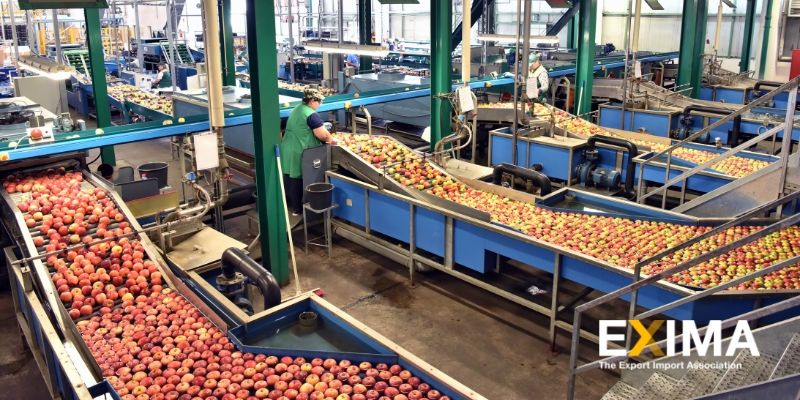According to the Texas A&M University and Texas A&M AgriLife Extension specialists, the import and export of agricultural products play a vital role in the food supply and economy of the U.S.
Even though many people think importation has detrimental effects on the economy, it has many apparent benefits. It helps supply foods and agricultural products that are not in season to the American consumer. Such products are usually available domestically but have high demands.
AgriLife Economist Dr. Luis Ribera believes, “The U.S. imports a huge volume of agricultural products, such as fruits and vegetables, from other countries, especially Mexico, to meet domestic consumer needs…It means consumers can get the products they want when they want them, and the two-way trade serves to bolster both the Texas and U.S. economy.”
Crucial Supplies for the Big Market
Food products that are the most challenging to cultivate in Texas and other states include limes, avocados, coffee, and bananas. Over 99% of these food items consumed in the U.S. come from imported sources overseas. On the other hand, almost 52% of orange juice and 90% of tomatoes are from other countries.
According to Texas A&M’s Agribusiness, Food, and Consumer Economics Research
Center (FERC), importing avocados can impact Texas and the U.S. economy positively. The growing demand for avocados shot up for the previous two decades, and its per-capita consumption increased 240%. Local production in Florida, California, and Hawaii can supply about 10% of this rising market; therefore, the rest of the demands depend on imports.

The co-director of AFCERC, Dr. Gary Williams, believes most of the avocado imports come from Mexico, the Dominican Republic, Peru, Indonesia, Columbia, and Brazil.
A 2019 AFCERC analysis performed by Williams for the Mexican Hass Avocado Import Association (MHAIA) indicated that imports amounted to $2.82 billion. Furthermore, he mentioned that “most of this economic benefit was accrued by wholesale, retail and service industries at the state and national level.”
In his statement to AgriLife Today, Williams also stated that “a large percentage of the rapidly growing volume of avocado imports into the U.S. comes through Texas ports and has a positive impact on the Texas economy.”
Although these numbers highlight the benefits of the prolonged fresh produce trade between Mexico and the U.S., it’s still vital to figure out the right balance that serves both party’s interests.
Learn More with EXIMA News
EXIMA News is here to provide you with all the latest updates on global news. We make it easy for our users to learn more about the developments in international trade. Come check out our News Page today!









